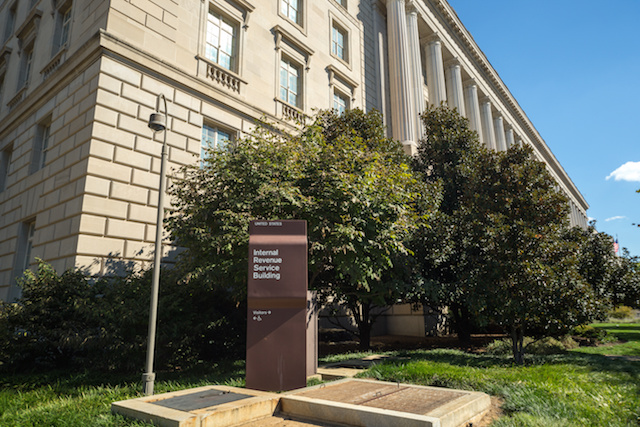The IRS has been paying awards to whistleblowers who provide information about tax code violations for nearly 150 years, but it is only in the past few decades that the IRS has become more systematic and regimented about providing such awards. In the past five years, the IRS Whistleblower Program has paid out over $363 million in awards to 732 whistleblowers, which accounts for about 18% of the $2 billion in proceeds that the IRS has collected in that time based on whistleblower tips. In late August, the Treasury Inspector General for Tax Administration (TIGTA) released a report summarizing the findings of an audit conducted to make the Whistleblower Program more efficient and encourage whistleblowers to continue to come forward. The report included 10 recommendations for facilitating this process, 9 of which the IRS has accepted. These recommendations should give potential whistleblowers increased incentive to come forward with information relating to tax fraud by others which hurts us all as taxpayers.
Increased Efforts to Debrief Whistleblowers in a Timely Manner
The audit found that whistleblowers were not always contacted to be debriefed to provide clarification and further information about allegations as they are required to be under federal law. The IRS accepted TIGTA’s recommendations regarding internal procedures to be followed to make the debriefing process more consistent.
Timelier Processing of Whistleblower Claims
The IRS has a target of 30 days to do initial processing of submitted claims, but the audit found that, on average, this process was taking 73 days. The audit pointed to specific internal procedures that could be improved to make sure this processing is done within the 30 days, and the IRS agreed to take such steps to meet that target.
More Clarity for Why Some Claims are Rejected/Denied
The majority of submitted claims do not result in a reward and are denied for a variety of reasons, the most common being that the claims did not involve allegations with enough specific particularity to support the IRS taking action (this is one of many reasons why working with an experienced whistleblower attorney can greatly increase your likelihood of collecting an award). The audit pointed to the fact that some denials and rejections did not provide the whistleblower with sufficient explanation for the action, and the IRS pointed to a recent 2014 memorandum intended to mandate such particularity, indicating it is taking steps to address the problem.
More Consistent Controls in the Evaluation of Claims
The audit found that there was a lack of sufficient systematic controls through the Whistleblower Program to ensure that all claims were accurately and consistently evaluated across various employees and divisions. The IRS accepted the TIGTA’s recommendations to implement new procedures to create more consistency and reduce inaccuracies.
Work With An Experienced IRS Whistleblower Attorney
As the audit attests to, no government office is perfect, but the IRS has been consistently making large whistleblower awards, and 2016 has seen some of the highest levels of whistleblower awards yet. With the acceptance of the new recommendations, the IRS Whistleblower Program should only get better at more consistently rewarding courageous citizens for bringing forth evidence of wrongdoing. Retaining a lawyer who is familiar with the submission and investigation process increases your chances of successfully recovering a whistleblower award, while at the same time protecting your confidentiality and interests.
At Kreindler and Associates, we have over 15 years experience working within the IRS whistleblowing process and we will work with you every step of the way to make sure your claims are properly presented, that your confidentiality is protected, and that you receive the recovery you deserve as quickly as possible. If you have evidence of tax fraud or questions about how to report tax improprieties and receive a whistleblower award, contact us today and let Kreindler and Associates help you determine your best course of action.




